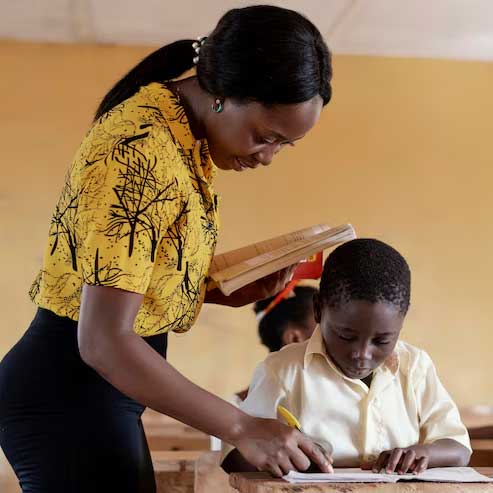DYSLEXIA SPECIALIST
Dyslexia Screening from Age 6
Early Detection. Lifelong Benefits.
We offer dyslexia screening for children from the age of 6, providing a critical first step in identifying potential learning difficulties and paving the way for effective support.
Early screening is not a diagnosis, but it is a powerful tool that can highlight risk factors and allow for early interventions, boosting a child’s confidence and long-term academic success.
While my practice is based in Cape Town, I offer convenient online consultations.
Why Screen for Dyslexia Early?
Dyslexia is a specific learning difficulty that primarily affects reading, writing, and spelling. While the condition is lifelong, early identification and support can significantly reduce its impact, especially during the foundational years of a child’s education.
By the age of 6, most children have begun to develop core reading and writing skills. This is also when signs of dyslexia can become more apparent, including difficulties with:
- Recognising letters and their corresponding sounds
- Rhyming and phonemic awareness
- Remembering sequences, such as days of the week
- Confusing similar-looking letters (like ‘b’ and ‘d’)
- Avoiding reading or showing frustration when reading aloud
What Does Our Screening Involve?
Our dyslexia screening service is conducted by a trained professional using evidence-based tools tailored to young learners. The process is child-friendly, supportive, and takes place in a calm and positive environment.

Observation-based assessments
Identifying early markers of dyslexia.

standardised tools
Our standardised tools are designed for children aged 6 and up.

Interactive activities
Interactive activities make the experience engaging for the child.

Comprehensive reporting
Outlining any risk indicators and suggested next steps.

Ongoing guidance
For parents or caregivers on how to support their child at home and in school.
Who Should Consider Screening?
Early screening is recommended if:
*
A teacher or parent has noticed your child struggling with reading or writing tasks
*
There is a family history of dyslexia or other learning difficulties
*
Your child avoids learning or shows signs of frustration or anxiety around literacy

